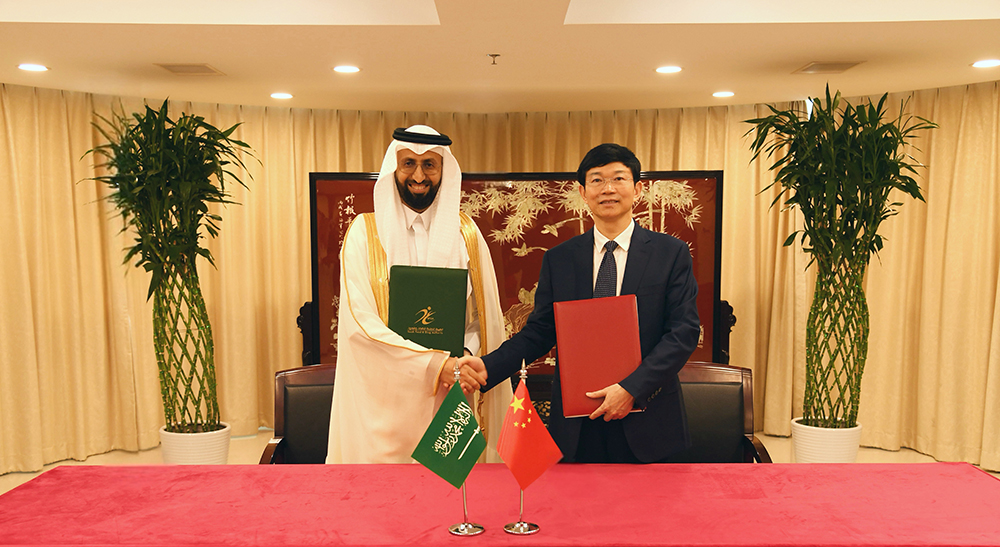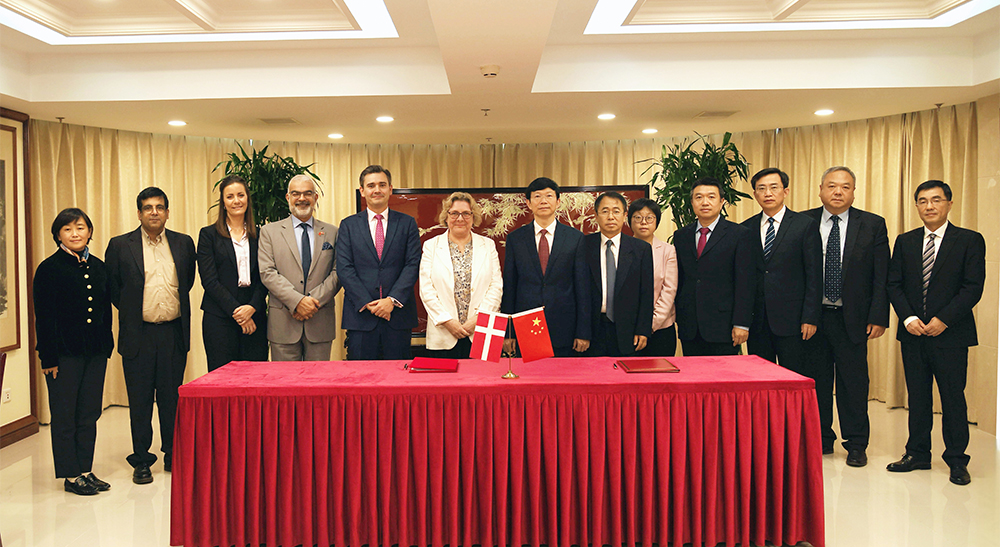人造肉越来越火,但背后的金钱交易可能大过健康意义
时间:2020-01-06 19:08:10 热度:37.1℃ 作者:网络
素食肉的风潮如今越来越火,各大餐饮品牌也纷纷推出素食肉的产品。
这当然得到了素食主义者的广泛叫好,也掀起了新的素食热。
但是,你真的了解素食这一生活方式在营养方面的利与弊吗?你又是否知道,像这样的饮食变革,其实往往是金钱推动的政治活动呢?

图片来源:图虫创意
If you were to believe newspapers and dietary advice leaflets, you’d probably think that doctors and nutritionists are the people guiding us through the thicket of what to believe when it comes to food. But food trends are far more political—and economically motivated—than it seems.
如果你相信报纸和饮食推荐的传单,你可能会认为,关于饮食,我们应该相信医生和营养学家们的指导。但是,饮食潮流比表面看上去更具政治性,也更有经济推动力。
From ancient Rome, where Cura Annonae—the provision of bread to the citizens—was the central measure of good government, to 18th-century Britain, where the economist Adam Smith identified a link between wages and the price of corn, food has been at the centre of the economy. Politicians have long had their eye on food policy as a way to shape society.
从古罗马时期起,是否能为市民提供面包(Cura Annonae)就是衡量一个国家是否有健全政府的核心标准,到18世纪,英国经济学家亚当•斯密发现了工资和玉米价格之间的联系,食物就成为经济的中心。长期以来,政客们一直将制定粮食政策视为塑造社会的一种方式。
That’s why tariffs and other trade restrictions on imported food and grain were enforced in Britain between 1815 and 1846. These “corn laws” enhanced the profits and political power of the landowners, at the cost of raising food prices and hampering growth in other economic sectors.
这就是英国于1815年至1846年间对进口食品和谷物征收关税并实施其他贸易限制的原因。这些“谷物法”提高了土地所有者的利润和政治权力,代价是提高了粮食价格,也阻碍了其他经济部门的增长。
Many of today’s food debates can also be usefully reinterpreted when seen as part of a wider economic picture. For example, recent years have seen the co-option of the vegetarian movement in a political program that can have the effect of perversely disadvantaging small-scale, traditional farming in favor of large-scale industrial farming.
如今,许多关于食品的讨论可以被有效地进行重新解读,而被视为更广泛的经济形势的一部分。例如,近年来,政治项目对素食运动的增选有利于发展大规模工业化农业,但却不利于小规模的传统农业。
This is part of a wider trend away from small and mid-size producers towards industrial-scale farming and a global food market in which food is manufactured from cheap ingredients bought in a global bulk commodities market that is subject to fierce competition. Consider the launch of a whole new range of laboratory created “fake meats” (fake dairy, fake eggs) in the U.S. and Europe, oft celebrated for aiding the rise of the vegan movement. Such trends entrench the shift of political power away from traditional farms and local markets towards biotech companies and multinationals.
由于激烈的竞争,全球食品市场上的食品都是用从全球大宗商品市场上购买的廉价原料生产的,因此从中小型生产商转向大规模工业化农业已成为大趋势的一部分。美国和欧洲的实验室推出的一系列全新的“人造肉”(人造奶制品、人造鸡蛋)常常因促进素食运动的兴起而闻名。这种趋势使政治势力从传统农场和当地市场向生物技术公司和跨国公司倾斜。
Estimates for the global vegan food market now expect it to grow each year by nearly 10% and to reach around $24.3 billion by 2026. Figures like this have encouraged the megaliths of the agricultural industry to step in, having realised that the “plant-based” lifestyle generates large profit margins, adding value to cheap raw materials (such as protein extracts, starches, and oils) through ultra-processing. Unilever is particularly active, offering nearly 700 vegan products in Europe.
据估计,全球素食市场每年的增长率有望达到近10%,到2026年其市值有望达到约243亿美元。这样的数据使农业大亨们意识到可以通过高度加工使廉价的原材料(如蛋白质提取物、淀粉和油类)增值,而且“以植物为基础的”生活方式有巨大的利润空间,从而促使他们介入该市场。联合利华在该市场上尤其活跃,目前在欧洲可以提供近700种素食产品。
多知道一点
vegan movement
对很多人来说,素食是一种健康的生活方式。在传统的素食者的基础上,新素食者应运而生。新素食者大多受过良好的教育,不为了单一的宗教信仰而食素,他们关心动物的权利、在意自身健康,为全球暖化而担忧,希望通过自己的行为唤起公众意识觉醒。
然而在“素食”背后藏着有几只不容易被看见的手,也在默默推动着这一切。早在古罗马时期,食物就被赋予了其经济及政治意义。这层意义在现如今依然存在。大张旗鼓登场的“人造肉”,其健康意义固然不容忽视,不过背后隐藏的其他种种你看到了吗?
END
编辑:梅园西墙的王半仙
兼职编辑:安安
翻译:Dlacus


